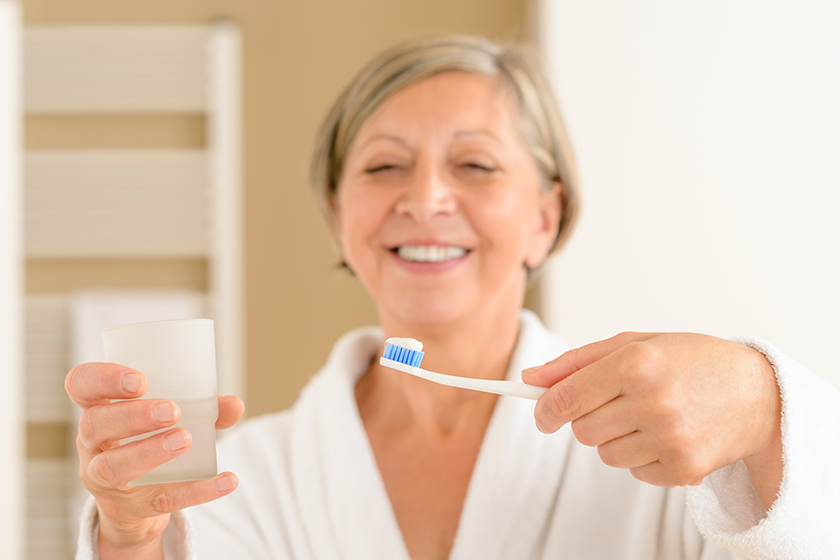Caring for aging parents with dementia can present unique challenges, particularly when it comes to oral hygiene. Brushing teeth can become difficult for individuals with dementia due to cognitive decline and physical limitations. However, memory care communities in Norfolk, VA are equipped with specialized care and resources to address these challenges and ensure proper oral hygiene for their residents. In this article, we will explore the ways in which a memory care community can assist aging parents with dementia in maintaining good oral health and overcoming obstacles related to brushing teeth.
Individualized Care Plans
Memory care communities in Norfolk, VA create individualized care plans for each resident, taking into account their specific needs and abilities. When it comes to oral hygiene, the care team works closely with residents and their families to develop personalized strategies to overcome challenges with brushing their teeth. These care plans consider factors such as cognitive abilities, physical limitations, and sensory sensitivities, ensuring that appropriate techniques and adaptations are implemented.
Assistance with Daily Oral Care
Memory care communities provide hands-on assistance with daily oral care for residents who require additional support. Care teams are trained to help individuals with dementia brush their teeth using gentle and supportive techniques. They offer guidance, encouragement, and physical assistance as needed, ensuring that residents maintain good oral hygiene practices.
Adapted Oral Care Tools
To make brushing teeth more manageable for individuals with dementia, memory care communities in Norfolk, VA utilize adapted oral care tools. These tools are designed to be easier to hold, maneuver, and use for individuals with dexterity issues or physical limitations. Examples of adapted oral care tools include toothbrushes with larger handles or grips, toothpaste dispensers with easy-to-use pumps, and flossing aids with extended handles.
Routine and Structure
Consistency and routine play a crucial role in memory care. Memory care communities in Norfolk, VA establish structured daily routines that include designated times for oral care. By incorporating oral hygiene into the daily routine, residents with dementia develop a sense of familiarity and are more likely to engage in the activity.
Sensory-Friendly Approaches
Sensory sensitivities are common among individuals with dementia. Memory care communities employ sensory-friendly approaches to make the oral care experience more comfortable for residents. This may involve using toothpaste with mild flavors or no flavors at all, providing soft and gentle toothbrushes, and using techniques that minimize discomfort or sensory overload.
Ongoing Team Training and Education
Memory care communities prioritize team training and education to ensure that senior care providers are equipped with the knowledge and skills necessary to support residents with dementia. Team members receive ongoing training on dementia care techniques, including oral hygiene practices. They stay updated on the latest research and best practices to address the specific needs and challenges associated with oral care for individuals with dementia.
Maintaining good oral hygiene can be challenging for aging parents with dementia, but memory care communities in Norfolk, VA are dedicated to addressing these challenges. Through individualized care plans, hands-on assistance, adapted oral care tools, structured routines, sensory-friendly approaches, and ongoing team training, memory care communities help residents overcome obstacles and maintain optimal oral health.







